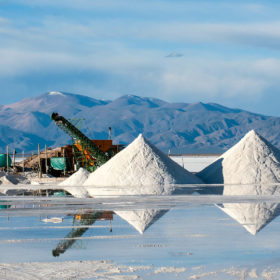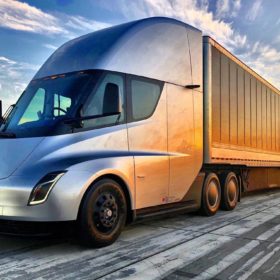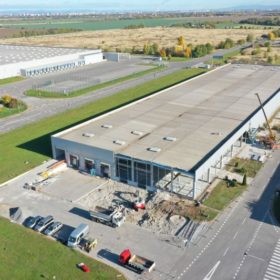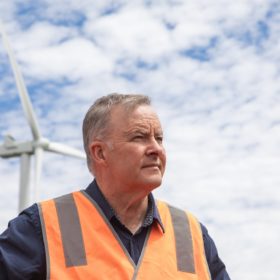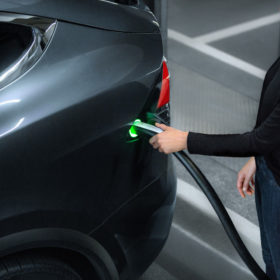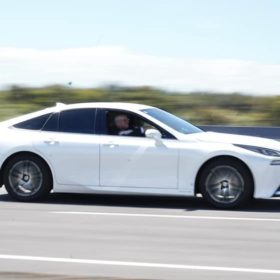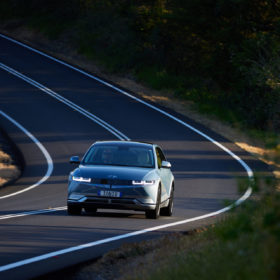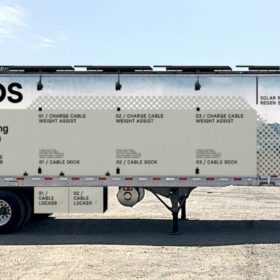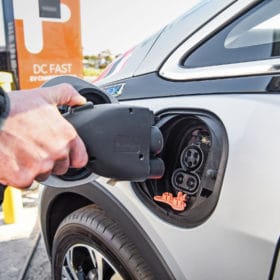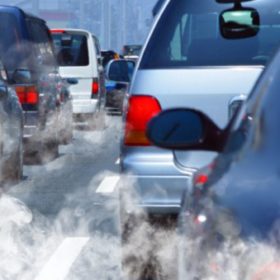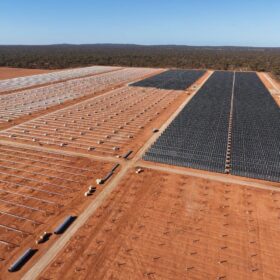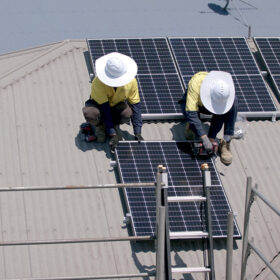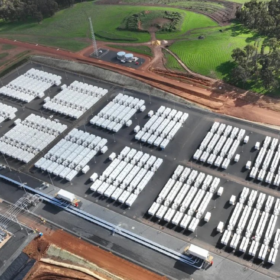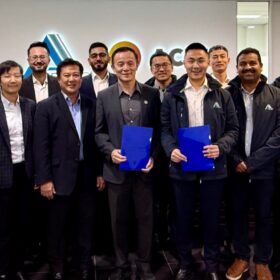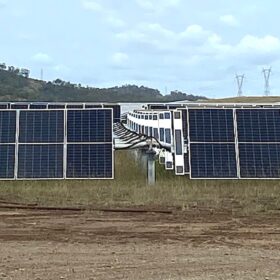Australian miner’s lithium ambitions cop a battering
Anglo-Australian mining giant Rio Tinto’s ambition to become one of the world’s largest lithium suppliers has taken a battering with the Serbian government pulling the plug on the company’s $3.3 billion ($US2.4 billion) Jadar lithium-borates project.
Australian Trucking Association pushing for shift to electric
With the spotlight shining bright on the nation’s transport industry as the Covid pandemic causes widespread disruptions to supply chains, the Australian Trucking Association has been quick to make the most of the attention, calling for urgent reform to deliver a new era of electric trucks in Australia.
Rio Tinto targets European EV market for $2.4 billion lithium project
Anglo-Australian multinational Rio Tinto has invested in European-based battery technology and manufacturing company Inobat Auto with the mining giant aiming to extend its operations throughout the electric vehicle battery value chain in Europe.
Renewables to rise as Labor targets 43% emissions reduction
Federal Labor plans to increase the share of cheap renewable energy in the National Electricity Market to 82% by 2030 as part of its pledge to cut greenhouse gas emissions by 43% by the end of the decade if it wins power at the next election.
Most Australian households are well-positioned for electric vehicles – and an emissions ceiling would help
Many people believe Australia’s shift to electric vehicles is stuck in the slow lane – another strollout, rather than a rollout. But while federal policies are still lacklustre, most Australians themselves are ready for the shift, according to our recent research.
We must rapidly decarbonise road transport – but hydrogen’s not the answer
Hydrogen has been touted as the fuel of the future, and the technology features prominently in the Morrison government’s plan to reach net-zero emissions by 2050.
SA drives ahead with road-user charge for EV owners
Owners of electric cars in South Australia will soon be charged for every kilometre they drive with the state government’s push to impose a tax on electric vehicles gathering speed with a Bill to allow the new road-user levy passed in the Upper House.
Portable charging trailer for commercial EV fleets
U.S.-based Xos offers a mobile charging station for commercial electric fleets, in order to provide power without making fixed infrastructure upgrades.
Residential PV makes EVs cheaper, reduces emissions
The maintenance cost of an electric vehicle is estimated to be significantly lower than internal combustion engines, and studies show home solar furthers the cost savings and boosts carbon emission reductions.
Think tank puts end date on sale of petrol and diesel cars in Australia
The Grattan Institute has recommended the sale of new petrol and diesel cars be phased out in Australia by 2035 in a bid to “supercharge the switch to electric vehicles” to help cut carbon emissions to net zero by 2050.
